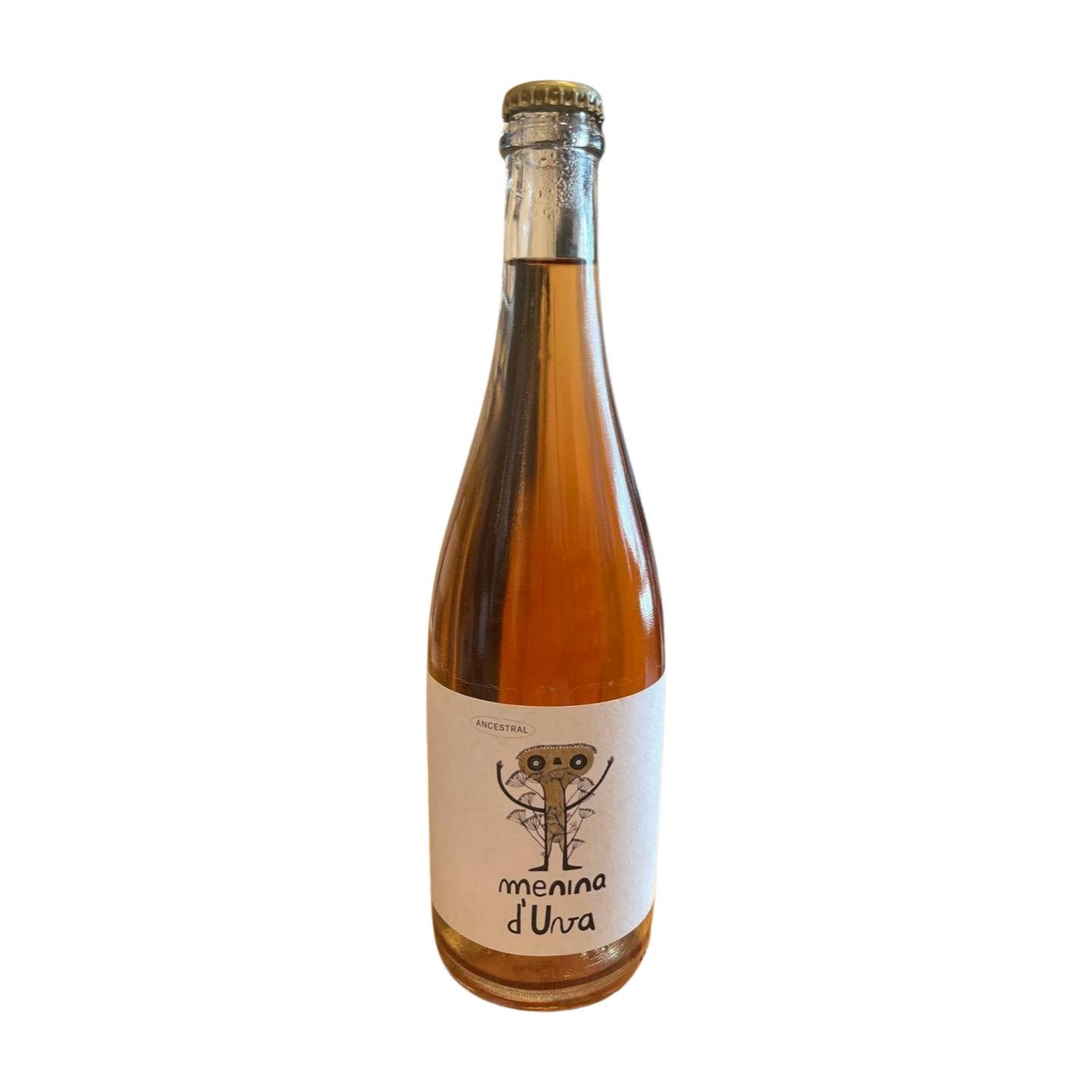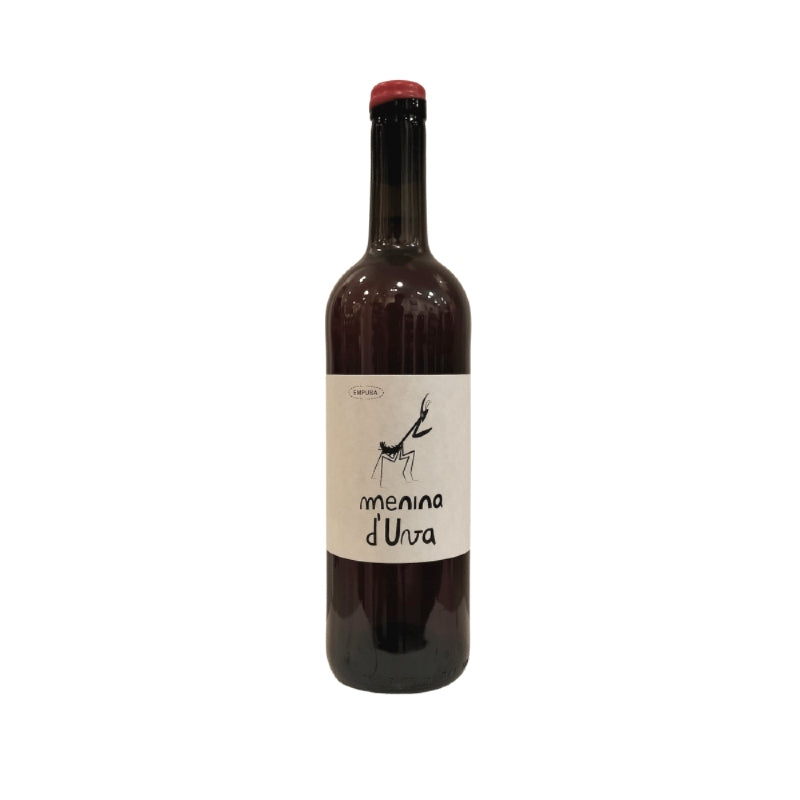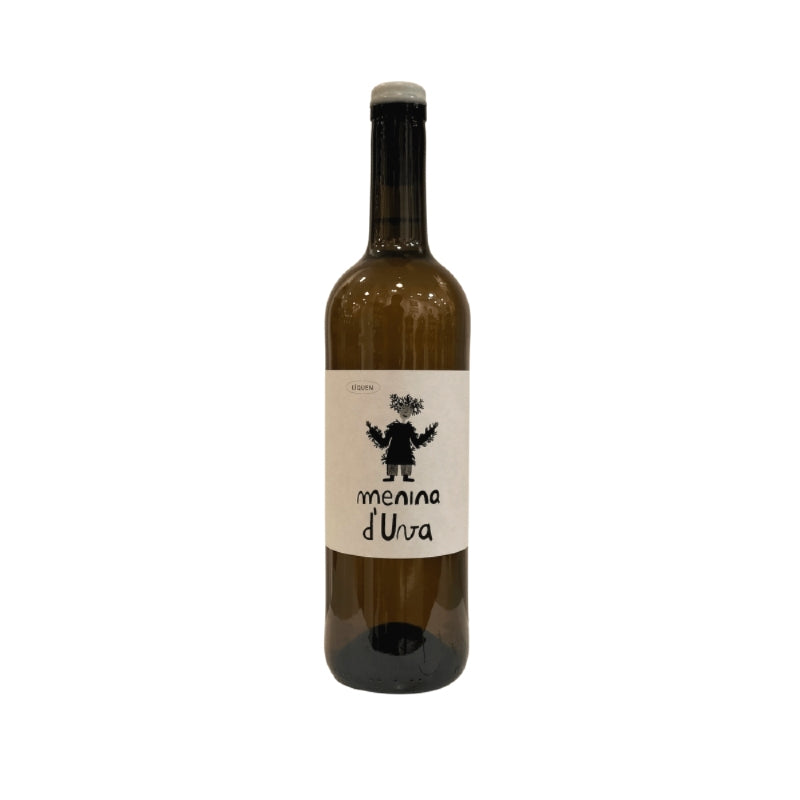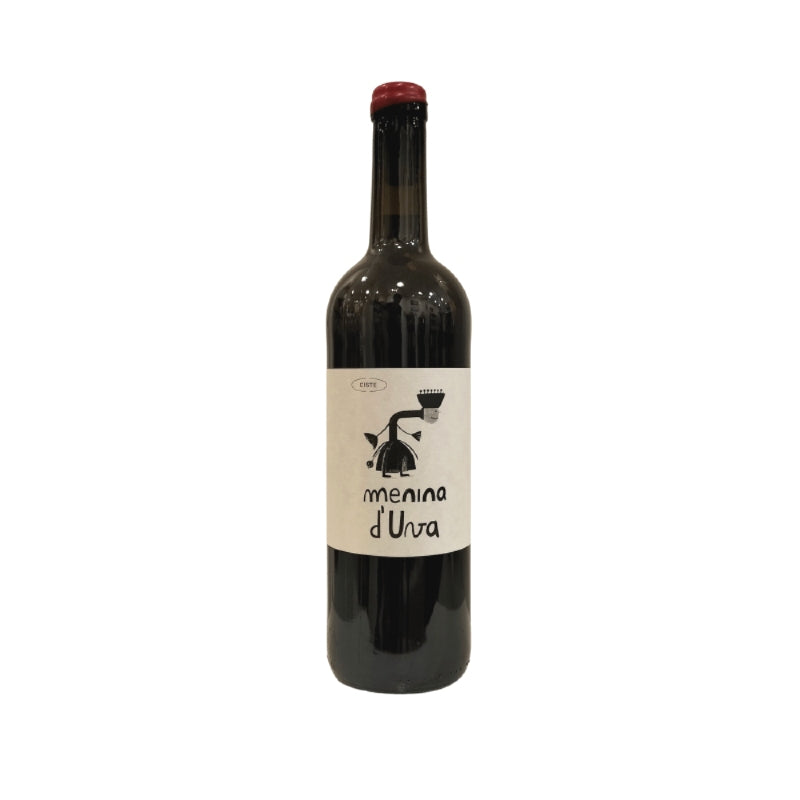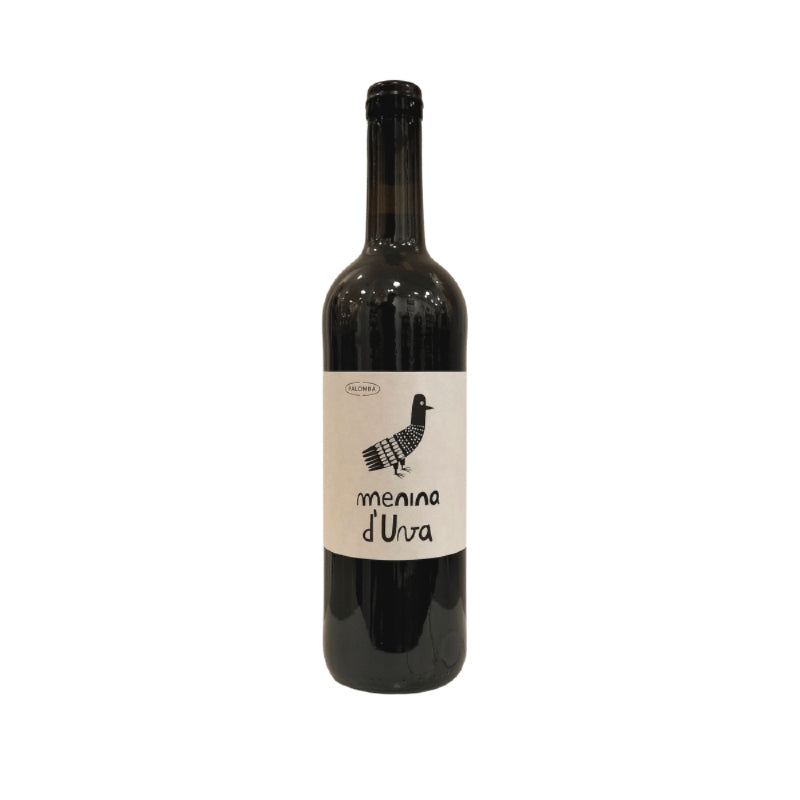Menina d'Uva
Menina d'Uva is a winemaking project founded by Aline Domingues in 2017 upon her return to her parents' homeland on the Mirandês Plateau in northern Portugal. Driven to connect with a simpler, rural lifestyle and preserve the region's rich winemaking heritage, Aline initiated production in a small, inherited house lacking basic amenities. Through community involvement and the recovery of abandoned vineyards, the project has grown, with Aline now tending to eight plots of old vines. Recently joined by Emanuele, the winery has expanded its holdings by planting new vines on 2.5 hectares of land, which will be grafted with traditional, mass-selected varieties.
Aline's background in biology and subsequent studies in fermentation processes fueled her passion for winemaking and a deep appreciation for the Mirandês Plateau's unique viticultural potential. The vineyards are situated in the village of Uva, which is characterized by a harsh continental climate with cold winters and hot summers. The region's schist and quartz soils, along with limited rainfall, contribute to the wines' distinctive character.
Menina d'Uva practices natural viticulture, eschewing synthetic products in favor of composting and cover cropping to restore soil health. The winemaking process is equally minimal, relying on indigenous yeasts, foot-treading, and spontaneous fermentation without temperature control. Aging occurs primarily in stainless steel or fiber tanks to preserve the wines' purity. Minimal sulfur dioxide is added, and no fining or filtration takes place.
This holistic approach aims to produce wines that authentically reflect the terroir of the Mirandês Plateau while respecting the environment and preserving traditional winemaking techniques.
Filters
Portuguese wine
Frequently asked questions
The entire country of Portugal is divided into 14 different wine regions, including in the Azores and Madeira islands. Some of Portugal's most famous winemaking regions include the Douro Valley (known for Port) and Vinho Verde (known for its light, refreshing white wines).
Portugal is becoming more well known for its orange wines, talha wines (traditionally made in clay pots), and palhete (made by blending red and white grapes together).
Portugal is best known for its fortified wine, called Port wine. It is produced in the Douro Valley, which is a UNESCO World Heritage Site and recognized as the world's first demarcated wine region, established in 1756.
Vinho Verde in northern Portugal is another popular winemaking region characterized by rolling hills and lush landscapes. It's known around the world for low-alcohol, refreshing white wines, although the region traditionally focused more on red wines made with the fruit-forward vinhão grape.
The Portuguese island of Madeira, with its subtropical climate, is renowned for its fortified wines. Winemaking here dates back to the 15th century, when Portuguese
explorers brought grape varieties from around the world.
Our sustainable, natural wine shop is located in the Marquês neighborhood in Porto, Portugal. We also ship to countries around the world, including within Europe, the United States, Canada, Australia, China, and more. Review our Shipping Policy to learn more.
In recent years, there has been a notable shift toward sustainable viticulture and the production of natural wine in Portugal. Many winemakers are implementing organic farming practices and embracing biodiversity to maintain soil health and reduce chemical inputs. This commitment to sustainability is not only beneficial for the environment but also enhances the quality of the wines, allowing the unique characteristics of the terroir to shine through. For example, some winemakers are now utilizing ancient terracotta amphorae for fermentation (called talha in Portuguese). This method preserves regional cultural heritage, enhances the wine's character, and aligns with sustainable practices by reducing reliance on modern materials.

